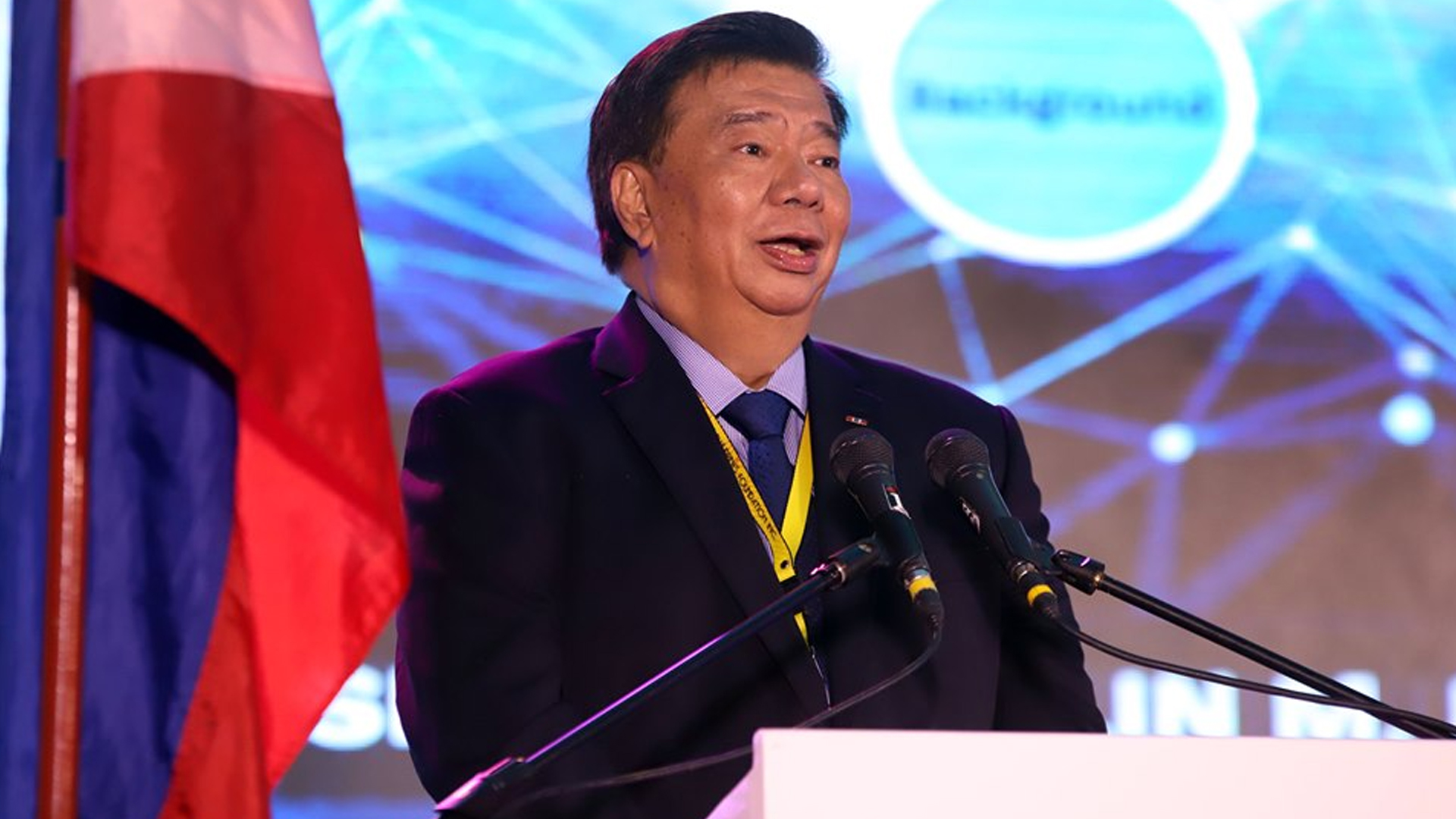Senate Minority Leader Franklin M. Drilon said that a committee cannot convene itself into a constituent assembly without a concurrent resolution passed separately by the Senate and the House of Representatives.
“I’ve seen this before. I think Rep. Garbin is laying the basis to claim that the House alone, without the Senate, can propose amendments to the Constitution. That would be unconstitutional,” Drilon said in a statement on Thursday.
“They are trying to set the stage that will make it easier to amend the Constitution. We will oppose that. We are a bicameral Congress and we must act separately,” Drilon said.
“By saying that the Committee itself by convening to tackle amendments to the Constitution is acting as a constituent assembly is misleading. You cannot fulfill the requirement of the Constitution without the Senate,” he added.
Article XVII, Section 1 of the Constitution directs that “any amendment to, or revision of, (the) Constitution may be proposed by the Congress, upon a vote of three-fourths of all its members; or a constitutional convention.”
The former justice secretary said that the Constitution is clear that amendments to or revision of the Constitution requires a vote of three-fourths of all of the members of the Senate and the House of Representatives, voting separately.
In order that the House and the Senate can propose amendments to the Constitution, Congress, with the two houses voting separately, must first convert itself through a resolution into a constituent assembly, Drilon explained.
“Without that authority, without Congress authorizing itself to convert into a constituent assembly, then Rep. Garbin’s declaration that his committee is already convened into a con-ass is invalid,” Drilon said.
“By no stretch of the imagination can one committee of one chamber of Congress be the constituent assembly envisioned by the Constitution. The Constitution is clear – amendments or revisions may be proposed by the Congress upon a three-fourths vote of all its members. The body chaired by Cong. Garbin is a mere committee and is clearly not a constituent assembly. To subscribe to a different interpretation is to contravene the Constitution,” Drilon said.
Absent that resolution of both Houses, Drilon emphasized, the proceedings in the House committee cannot assume the functions and powers of a constituent assembly.
The minority leader said that such a declaration by a House panel showed how far the supermajority in the House of Representatives would go to railroad Charter change (Cha-cha).
“They hijacked the powers of a constituent assembly. They bypassed the plenary powers of Congress. They basically hijacked the Senate,” Drilon said in a statement.
“It sets a dangerous precedent. They are testing the waters. I see a sinister agenda behind this baseless assertion,” Drilon said.
“Aba, round one pa lang nagkakadayaan na. How can we even trust them?” he added.
“I call on my colleagues in the Senate and the public to be critical and vigilant about these fresh attempts for a Charter change. It is obvious how far they are willing to go to pass Cha-cha,” he said.


